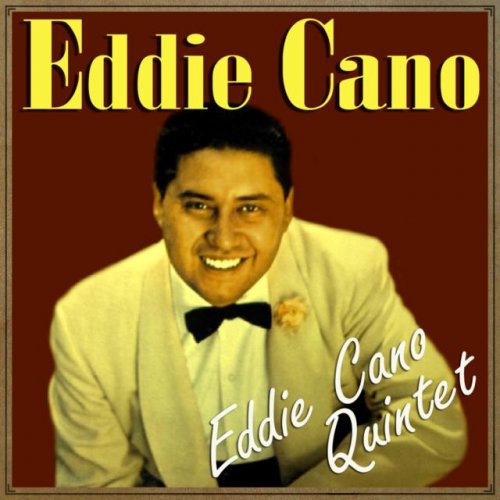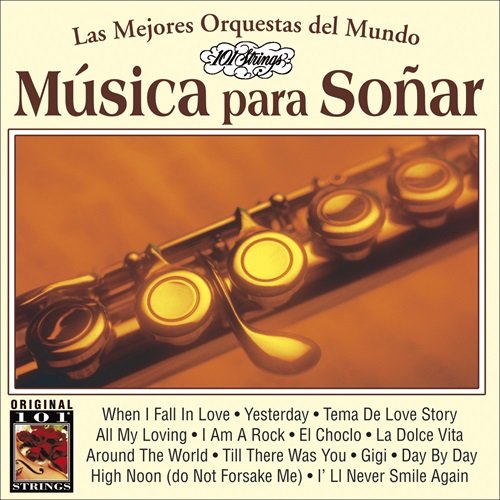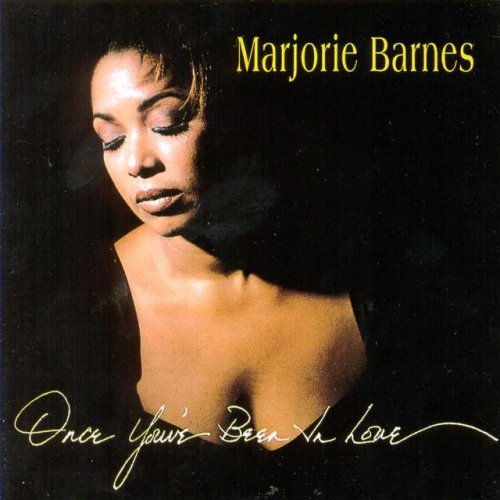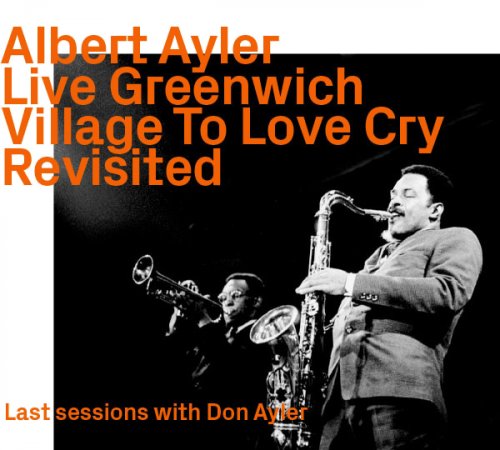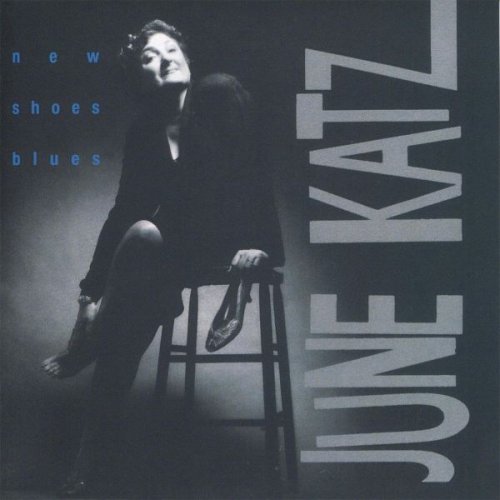Bud Powell - The Chronological Classics:1945-1947 (1998)
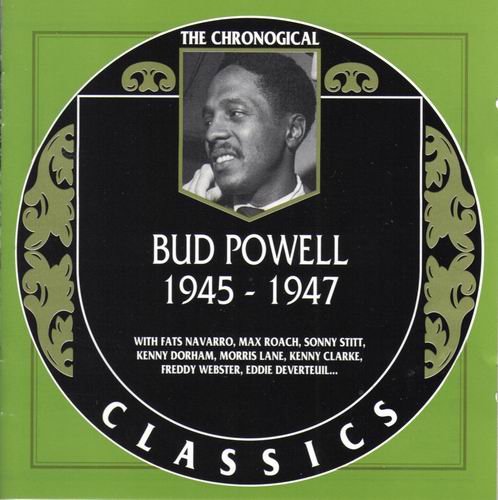
Artist: Bud Powell
Title: The Chronological Classics:1945-1947
Year Of Release: 1998
Label: Classics[1003]
Genre: Jazz, Bop
Quality: FLAC (tracks + .cue,log,scans) | MP3/320 kbps
Total Time: 52:32
Total Size: 142 MB(+3%)
WebSite: Album Preview
TracklistTitle: The Chronological Classics:1945-1947
Year Of Release: 1998
Label: Classics[1003]
Genre: Jazz, Bop
Quality: FLAC (tracks + .cue,log,scans) | MP3/320 kbps
Total Time: 52:32
Total Size: 142 MB(+3%)
WebSite: Album Preview
1. The Man I Love (3:21)
2. Reverse the Charges (2:55)
3. September in the Rain (2:50)
4. Boppin' a Riff, Part 1 (3:03)
5. Boppin' a Riff, Part 2 (2:35)
6. Fat Boy, Part 1 (3:00)
7. Fat Boy, Part 2 (2:45)
8. Everything's Cool, Part 1 (3:00)
9. Everything's Cool, Part 2 (2:56)
10. Webb City, Part 1 (3:01)
11. Webb City, Part 2 (2:40)
12. I'll Remember April (2:44)
13. Indiana (2:36)
14. Somebody Loves Me (2:46)
15. I Should Care (2:53)
16. Bud's Bubble (2:28)
17. Off Minor (2:16)
18. Nice Work If You Can Get It (2:11)
19. Everything Happens to Me (2:32)
A paragon of modern jazz piano, Bud Powell's playing was also deeply rooted in the traditional style. During Bud's stay in Paris, Kurt Mohr questioned him about the first tunes he learned to play. Without hesitating Bud mentioned "Carolina Shout" but he wouldn't elaborate. A couple of hours later, at the Blue Note Club, without a word of warning and to everybody's surprise, Bud opened up which a brilliant note-for-note rendition of the |ames P. |ohnson classic, but cut short after a chorus or two. Bud apparently felt embarrassed at having shown his familiarity with the older style
Earl Rudolph "Bud" Powell was born in New York City on September 27 1924. His father, William Powell, who, according to Bud, led the pit band at the Alhambra Theater, taught him the first elements of piano. Bud's younger brother, Richie, also became a well-known pianist. By 1943 Earl Powell (as he was then known), in full mastery of his instrument, had become the regular pianist in Cootie Williams' Orchestra (CD 827). While touring he was involved in a traumatic beat-up from which he never fully recovered. He developed a shut-in and occasionally violent personality, his mind getting totally involved in music, creating unheard-of phrasing and approach. As his fame spread he was soon in big demand, leading his own small groups featuring the top musicians of the day. His unpredictable character sometimes necessitated his confinement in a mental hospital. Buttercup, a long time friend (and later wife), a trained nurse, signed for his release and took care of his booking. After several concert tours, the Powells settled in Paris where Bud was kept under strict medication, all the while playing regular engagements. His friend Francis Paudras then offered him to stay at his appartment where he had a piano at his disposal, cutting down on his pills and achieving a significant improval to his health. Yet in 1964 Bud begged to return to New York, where he soon fell victim to dope and alcohol. He was picked up dead on August 1, 1966.
Many sessions with Bud Powell are also available on this label, including his only studio date with Charlie Parker. Volume I of the recordings of Bud Powell presented in chronological order opens with an unduly neglected but oustanding session by tenorist Frankie Socolow. His quintet turned in three tremendous tracks, unfortunately marred by rather poor sound conditions. Socolow admired Freddie Webster, who gets to play some of his finest solos on these tracks, "Reverse The Charges" in particular, showing the quality of this fine artist. On Webster's recommendation, Socolow used Bud Powell on this session, the latter treating us to an expressive solo on "September In The Rain". An allegedly existing fourth track from this fascinating date could not be traced. The session with the "Be Bop Boys" is better known : the charts by Gil Fuller leave ample solo space to the musicians. Both Navarro and Powell are at their best on "Webb City", based on the changes of "I Got Rhythm". This CD ends with Bud's first recordings under his own name. These brilliant trio-performances allow a profound study of Bud's unforgettable playing, mostly in medium or ballad tempo. The closing "Everything Happens To Me" is possibly the highlight of this important CD.

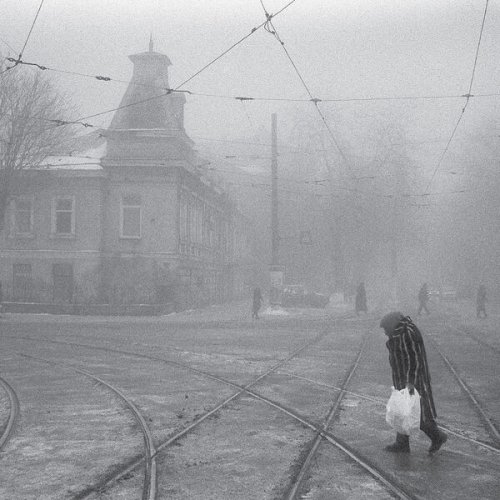
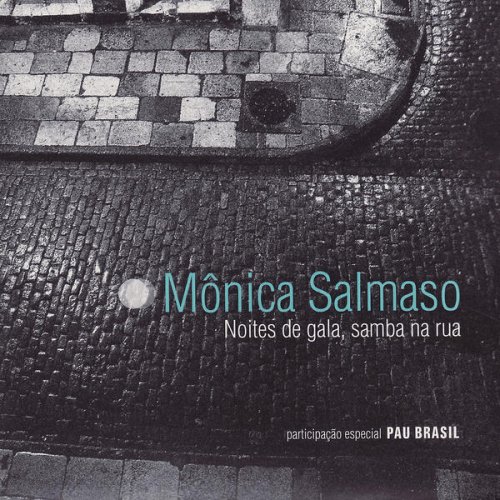
![Acid Mothers Reynols, Acid Mothers Temple, Reynols - Vol. 3 (2024) [Hi-Res] Acid Mothers Reynols, Acid Mothers Temple, Reynols - Vol. 3 (2024) [Hi-Res]](https://img.israbox.com/img/2026-02/21/vgzin7mjpuc9xi8v2ce3z1jc8.jpg)
